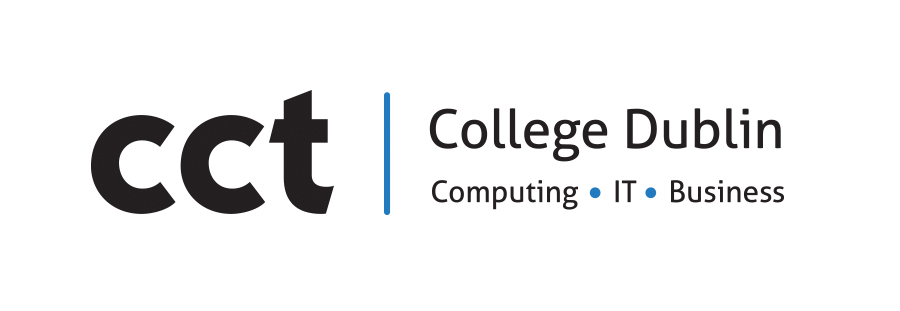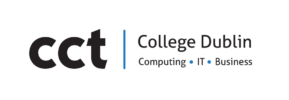18th Aug 2016
Bob Savage, vice-president and managing director of EMC Centres of Excellence EMEA and head of EMC Ireland published an article in The Irish Times today, highlighting the importance of Computing in Irish Secondary Schools.
Titled “School study of computer science key to Irish knowledge economy“, the article states the view that a reliable supply of computer graduates vital in attracting tech companies to Ireland.
Of course, yesterday was the day that Irish secondary students got their leaving certificate results, providing a point to reflect on where these students will go, and what they will study at third-level. Savage states that Ireland is the second largest exporter of software in the world, but wonders what it will take to retain the competitive edge necessary to maintain this standing.
He states some facts that are well known, but still need much more attention:
We have no shortage of computer science or programming courses at our third-level institutions. Rather, we have a problem with the number of students dropping out of them. One of our education system’s biggest challenges is that it does not adequately prepare aspiring undergraduates for technical study, particularly in computer science.
He goes on to state that as a result of this, many university students feel overwhelmed by the complexity of the subjects they want to learn. According to Higher Education Authority data from 2014, 16 per cent of all college students dropped out of their first year, most of them from Stem (science, technology, engineering and mathematics) courses.
While the Government has made positive steps towards improving Stem education with Project Maths and the introduction of a programming module to the junior cycle, for university students to really excel in basic computing and new disruptive tech skills such as cloud and data analytics, the groundwork must be laid at primary and secondary level.
Computer science must exist in the Irish education system as a stand-alone examined subject, rather than as a module included in another subject, such as applied maths, or as a once-off novelty. In this regard we have been long overtaken. In the UK, computer science is taught and examined as a GCSE and A-level subject. In Finland, starting this autumn, programming will be mandatory for all primary pupils. Many other countries in Europe and across the world already have similar courses established in primary and secondary curriculums.
Even those pupils who struggle with numbers and formulae would benefit hugely from a reformed IT curriculum, or deeper integration of computers and technology into existing subjects such as science, art and business.
He continues, reminding readers that Ireland is in the midst a skills shortage, and a paucity of technical knowledge among Irish young people will harm the economy in the long term. While progress is being made, this drought has been ongoing for number of years and is a gripe for both multinationals and indigenous companies expanding their operations. Many look abroad for foreign talent to plug the gaps they cannot fill here.
Savage concludes with an important reflection:
Ireland is entering a period of historic opportunity. With the economic fallout of Brexit, and the potential migration of tech companies to Ireland, we will need a continuous supply of Irish talent if we wish to lure in companies looking for a more stable home. Data scientists, software developers and computer scientists are the jobs of the future. Let’s make sure our young people have the skills to do them.


